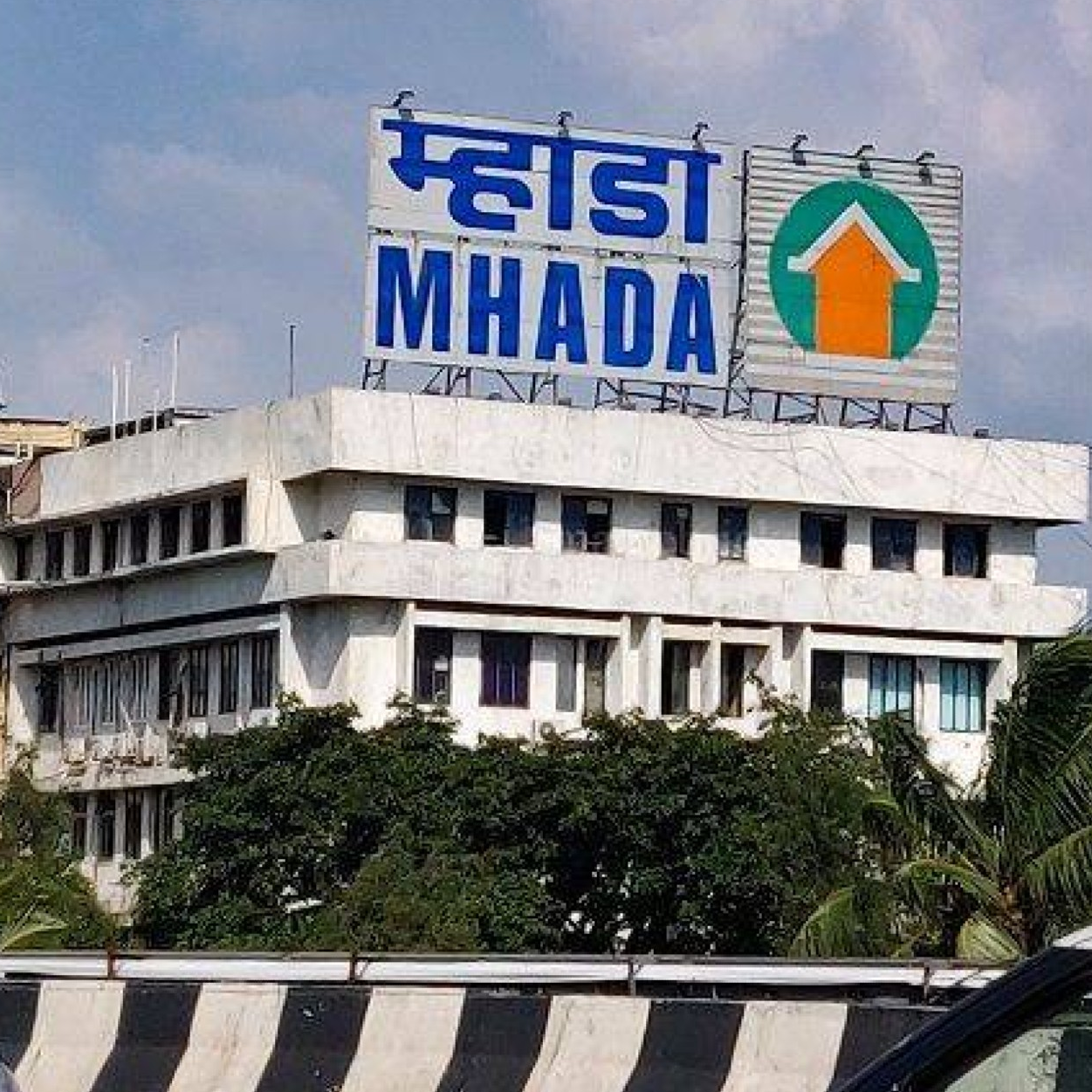
Governing in Emergencies, Judged in Headlines
One of the ironies of public life in India is that the very systems built to deliver governance often struggle to protect those who deliver it. In the rush to assign blame and simplify complexity, we risk turning real governance into a high-risk, low-trust proposition — especially when it's delivered under the weight of emergencies.
Take, for instance, the controversy surrounding the rapid setup of pandemic-era healthcare infrastructure in Maharashtra. The large-scale temporary hospitals — designed to handle COVID surges — are now at the centre of ongoing scrutiny, audits, and investigations. Questions have been raised about contracts, vendors, and execution timelines. These questions deserve answers — but they also demand context.
Senior administrators, including experienced IAS officers, who led critical efforts during those peak months are now part of the discussion. One such officer, known for his administrative track record across Mumbai’s urban governance and housing sectors, has been drawn into the conversation. His tenure coincided with urgent decision-making at the municipal level. But the focus now seems to be less on what was delivered and more on the optics of process, timing, and protocol.
Enforcement agencies are well within their mandate to examine large-scale public spending — especially during crisis periods. But the challenge arises when digital narratives start writing their own headlines, often faster than facts emerge. Public searches today connect individual names with loaded phrases and labels, casting reputational shadows long before any formal finding is made.
This is not about defending wrongdoing. If impropriety occurred, it must be addressed. But we must distinguish between corruption and complexity, and between public interest and post-event politics. Emergency procurement rarely looks perfect in hindsight. And yet, it is precisely in such windows — compressed, chaotic, and urgent — that officers must operate, without the benefit of pause or hindsight.
This dynamic isn’t isolated. From Mumbai to other parts of the country, administrators who made judgment calls during the COVID response now find themselves in the crosshairs of audit culture and political crossfire. Public memory is short, but systems should not be — especially when it comes to preserving trust in those who act in good faith.
In such cases, headlines often use heavy terms: "scam," "misuse," "irregularities." They generate clicks, but they rarely capture complexity. And when names of career bureaucrats appear alongside such terms in automated searches, even without formal charges, the damage is done — not just to individuals, but to the incentive structure of public service itself.
If we continue to blur the line between inquiry and indictment, we risk creating an ecosystem where decision-making is delayed by fear, not failure. In a country where responsive governance is critical, we must protect not just the integrity of institutions — but also the intent of those who lead them in difficult times.
Because if performance becomes punishable by perception, then indecision will quietly become policy. And India can’t afford that.



